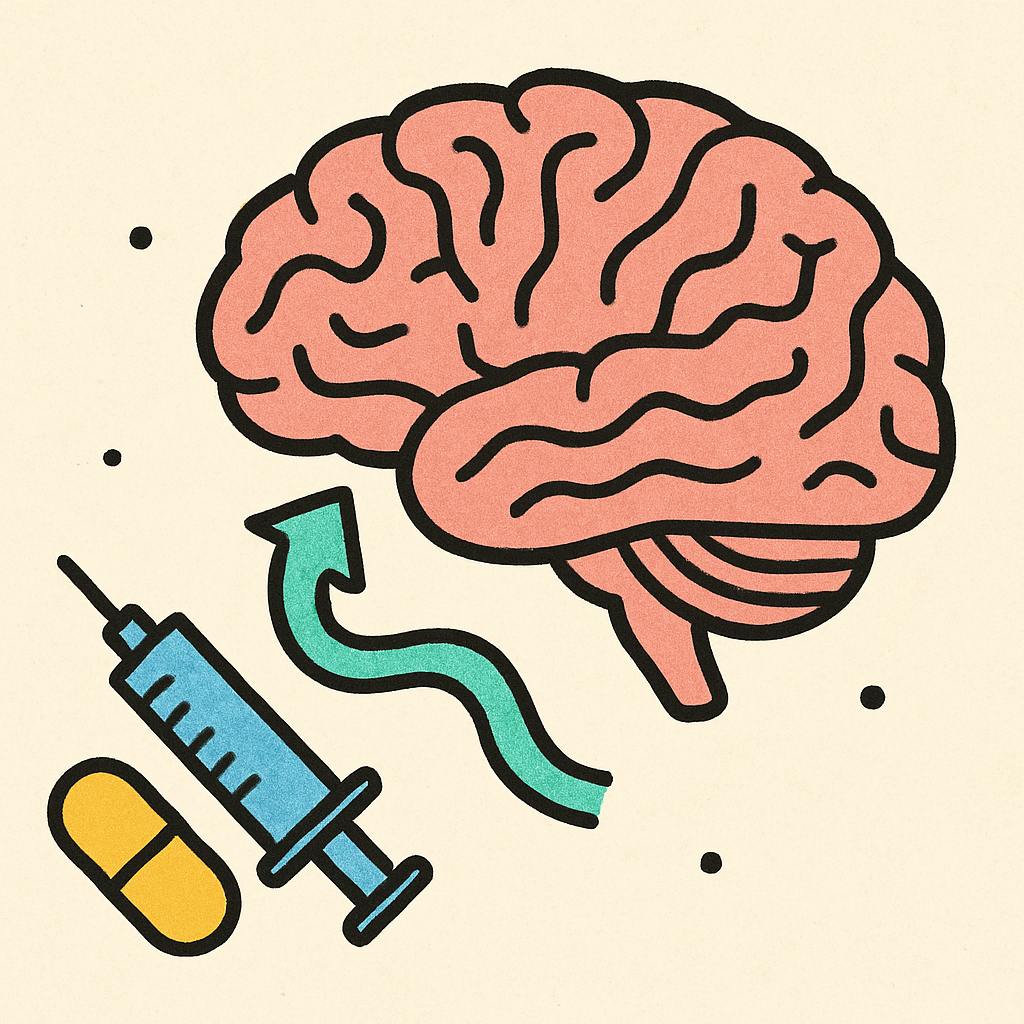October 16, 2025
Explore the complexities of the brain and nervous system, with insights on anatomy, function, mental health support, and tips for maintaining brain health.
The brain, a marvel of biological engineering, is the control center of the human body. It governs everything from our thoughts and emotions to the most basic bodily functions. Understanding the complexities of the brain requires delving into its anatomy, the way it interacts with the nervous system, and the factors that can influence its health and function
The human brain is divided into several key parts, each responsible for different functions. The cerebrum, the largest part, is responsible for higher cognitive functions such as thinking, learning, and memory. The cerebellum controls coordination and balance, while the brainstem manages basic life functions like breathing, heart rate, and sleep cycles.
Connected to the brain is the nervous system, a vast network of nerves that transmit signals throughout the body. The nervous system is divided into the central nervous system (CNS), which includes the brain and spinal cord, and the peripheral nervous system (PNS), which consists of nerves that branch out from the spinal cord to the rest of the body.
The nervous system is essential for coordinating the body's responses to internal and external stimuli. It works by sending electrical signals through neurons, the specialized cells that make up the nervous system. These signals allow us to move, feel, and react to our environment.
Caring for the nervous system is crucial for maintaining overall health. Proper nutrition, regular exercise, and adequate rest are vital for keeping the nervous system functioning optimally. Additionally, managing stress and avoiding harmful substances can help preserve nervous system health.

Various substances can profoundly impact the brain and nervous system, altering their function and structure. Understanding these effects is critical for making informed decisions about substance use.
Alcohol is a depressant that affects the brain by slowing down its functions. It impairs cognitive abilities, judgment, and coordination. Prolonged alcohol use can lead to significant brain damage and nervous system disorders, such as Wernicke-Korsakoff syndrome, a severe condition caused by thiamine deficiency associated with chronic alcoholism.
Nicotine, found in tobacco products, stimulates the release of neurotransmitters like dopamine, leading to temporary feelings of pleasure and alertness. However, nicotine is highly addictive and can alter brain function over time, potentially leading to mood disorders, cognitive impairment, and increased risk of neurodegenerative diseases.
Mental health is intricately linked to the functioning of the brain and nervous system. Conditions such as anxiety, depression, and schizophrenia can affect how the brain processes information and regulates emotions.
Providing mental health support is crucial for helping individuals manage these conditions effectively. This support can include therapy, medication, lifestyle changes, and community resources. Early intervention and ongoing care are vital for improving outcomes and enhancing quality of life.
Maintaining brain health is essential for preserving cognitive function and preventing neurological disorders. Here are some tips to support brain health:
Nervous system disorders can arise from a variety of causes, including genetic factors, infections, and injuries. Some common disorders include multiple sclerosis, Parkinson's disease, and epilepsy.
Recognizing the symptoms of nervous system disorders early can lead to more effective treatment. Symptoms may include muscle weakness, loss of coordination, numbness, tremors, and changes in cognitive function.
If you experience any symptoms related to nervous system disorders, it is important to seek medical advice. Early diagnosis and intervention can significantly improve management and outcomes.
The brain and nervous system are intricate and vital components of our overall health. By understanding their complexities and how various factors affect them, we can take proactive steps to maintain their function and support mental health. Whether through lifestyle choices, mental health support, or medical intervention, taking care of our brain and nervous system is essential for a healthy, fulfilling life.

We're now accepting new patients
